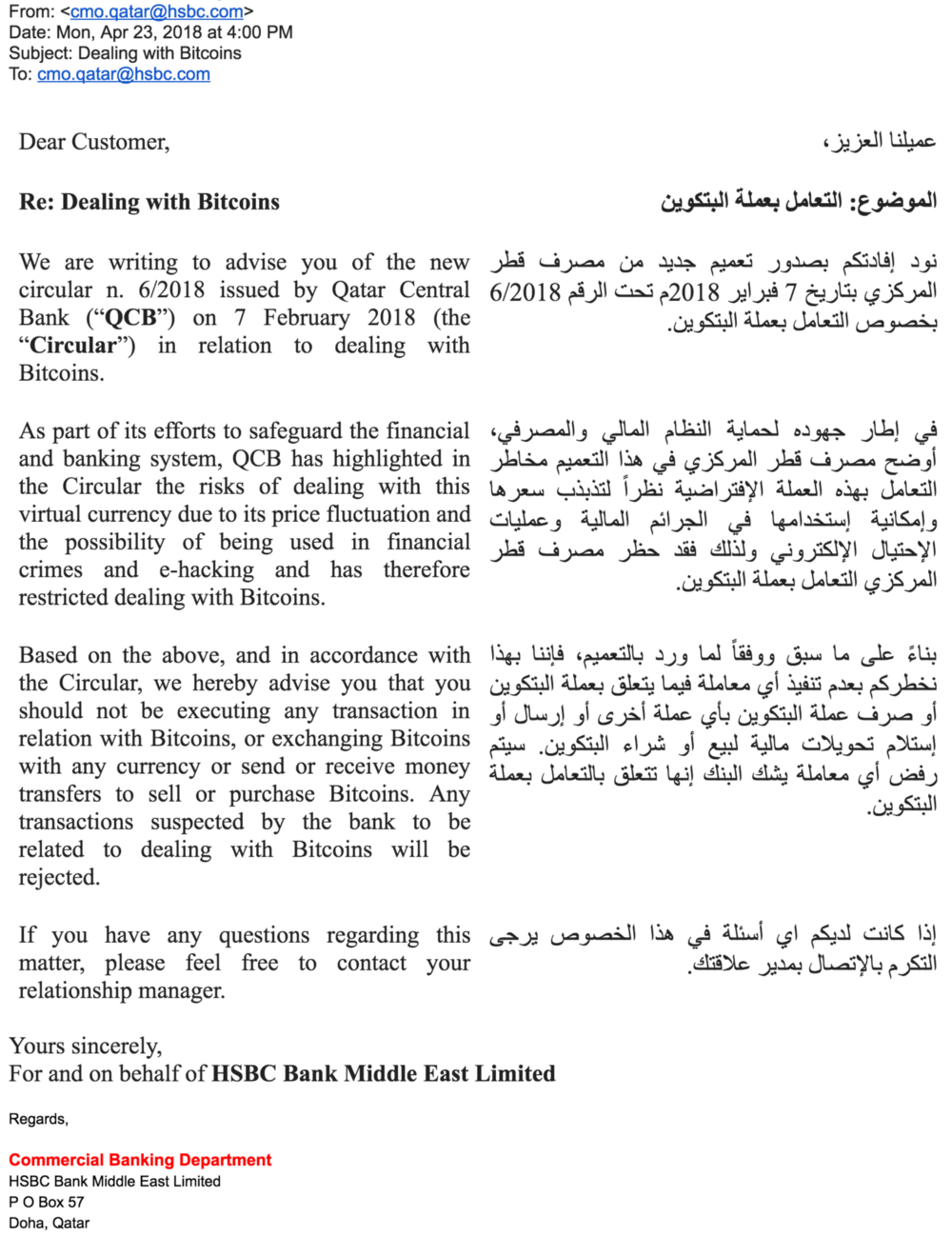Earlier this year we announced that we were ambitiously embarking on building BitPado, a crypto exchange and OTC (over-the-counter) play for the Middle East, Africa and Asia.
Super excited to announce that we're working on @BitPado, an upcoming crypto exchange and OTC market for the Middle East, Africa and Asia 🚀
— Omar Kassim 🙊 (@okassim) January 21, 2018
Sign up for early access: https://t.co/u8t6Jnmore pic.twitter.com/XSD1Ebpveh
After having spent a number of months researching and working on an early product, we have unfortunately decided to park any further development of BitPado, given a myriad of regulatory and banking challenges in a number of the markets that we were looking to target.
From the outset it was clear that we needed to solve for product, regulation, and banking. Whilst no one expected it to be an easy ride, the depth of resistance in cracking through some of the key problems has been far greater than we initially anticipated.
Regulatory
With India, Pakistan, Saudi Arabia, Kuwait and Qatar effectively banning the use of virtual currencies in their respective economies, the struggle for legitimacy and acceptance has become an attritional uphill battle.

Both Bahrain and the UAE have been more progressive in their collective approaches. The Central Bank of Bahrain has granted a number of regulatory sandbox licenses to start-up exchanges both in the region as well as elsewhere, whilst in the UAE, DMCC (a popular free trade zone) introduced a license for prop trading in crypto in December 2017, and saw a deluge of applications through early 2018, but stopped short of issuing more than a handful of licenses due to AML and banking concerns. In late June 2018, ADGM (a financial free trade zone out of Abu Dhabi) announced the availability of a crypto asset regulatory framework, to regulate spot crypto activities including exchanges, custodians and other intermediaries. However, the UAE Central Bank and the Securities & Commodities Authority, both onshore regulators in the UAE, have voiced concern about the space.
Regulatory uncertainty together with significant price deflation (aka “popping of the bubble”) through 2018, had led to both consumers and institutions taking a significantly more cautious wait and see approach.
Banking
In a post-2008 financial crisis world, banks are increasingly ruled by compliance teams and a complex bevy of regulatory action. As some of our potential peers have found, getting access to and keeping banking relationships up and running is no mean feat.
Our view on solving banking was to leverage a number of long-standing relationships, which manifested themselves in the form of a bank account, but one that came with conditions that made it infeasible for operational use. Casting the net wider brought the realisation that this was a global problem and any potential options were often in the reputationally inappropriate bucket.

If one is able to get access to and maintain a viable banking relationship, an even greater challenge comes knocking in the form of banks recognising crypto venues and actively preventing their customers from transacting with said venues. This propels the banking challenge to a level that is near unsolvable without appropriate regulatory support.
It’s challenging enough building a new business. Doing it without access to the banking system eventually leads to the logical conclusion that there are far easier (and perhaps more fun) ways to earn a living.
Hindsight is 20/20
Crypto is at a cross roads. Followers of the space broadly fall into two polarising camps, those who believe that the space will transform financial services and markets as we know them, and those who think this has been one of the greatest asset bubbles in the history of humanity and a space that one should avoid at all cost. I suspect that the true impact will be somewhere in the middle — crypto is likely to have a longer term effect on some asset classes and markets, but is highly unlikely to replace one of the fundamental reasons for being of sovereign nations — the ability to issue currency — one protected since the beginning of time by weapons, armies and war.
We’re happy to be proven wrong.

As a team, we started off as skeptics, became enthralled and enamoured by the allure of a solution proposing native value transfer on the Internet, only to return to a state of disillusionment a few months later. In hindsight, we should have spent significantly more time thinking deeply about the space before making a new product announcement.
Whilst we sincerely appreciate the support of the almost two thousand individuals that signed up to our mailing list — before we pulled the plug on it in late April, we’re going to sit this one out. We continue to keep half an eye on development in the space, but we’re formally moving back over to consumer tech and its ilk 🚀

